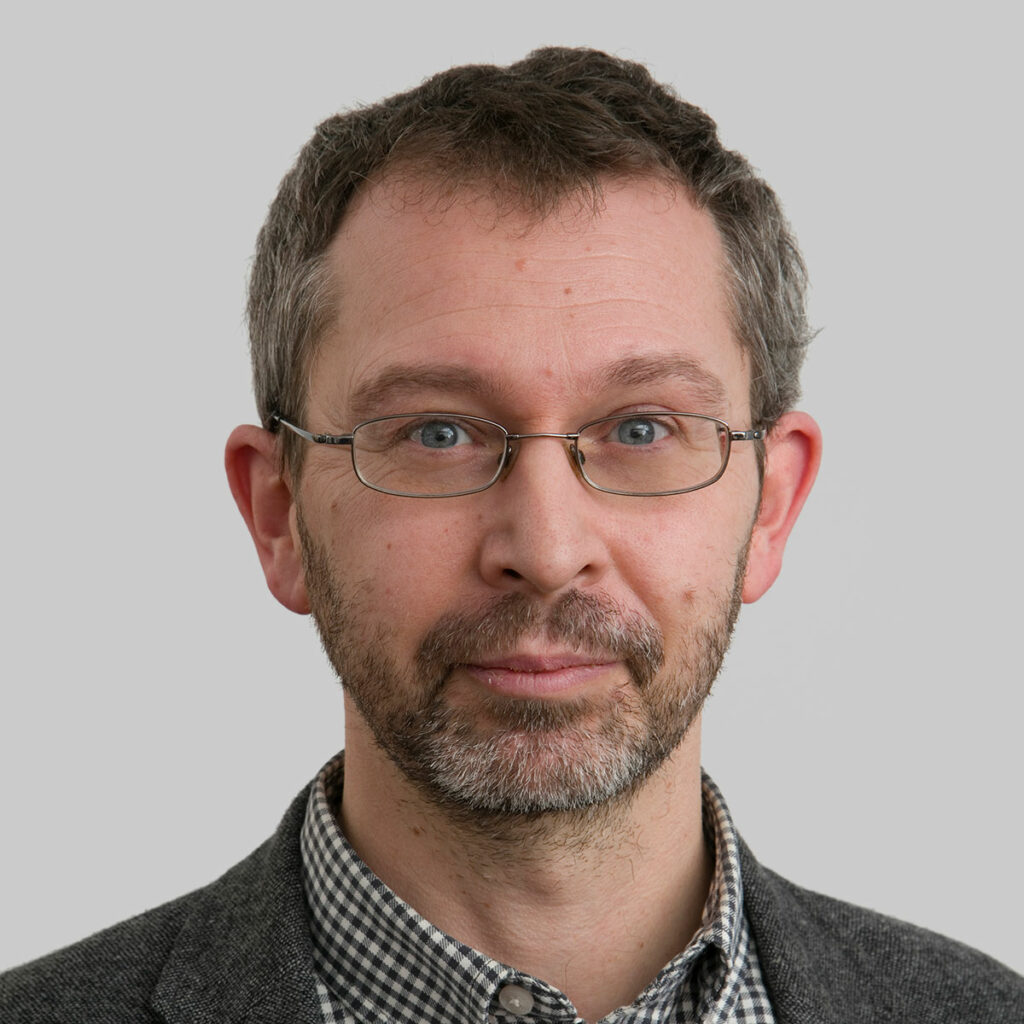
Principal Consultant
David joined the team at MCM in May 2021 and has sixteen years’ experience working on various aspects of radioactive waste management. This includes work in the areas of concept design, safety assessment, and process modelling in several international programmes for geological disposal.
David recently worked on a preliminary generic safety assessment for the disposal of radioactive wastes associated with decommissioning the Fukushima Daiichi nuclear power station in Japan. This involved developing a preliminary safety assessment to investigate a range of disposal options for decommissioning wastes, including a novel way to efficiently distribute different wastes to each type of facility. David also developed post-closure performance assessment models as part of a generic safety case for geological disposal in the UK. The aim was to develop a suite of post-closure performance assessment models using GoldSim - along with supporting documentation, verification records and database - for RWM to use as part of their 2016 generic Disposal System Safety Case.
David worked on a number of tasks as part of the Concept Development Integrated Project for RWM. The overall aims were to provide an underpinned range of geological disposal concepts for consideration during site assessment in the UK. David made technical contributions to several tasks in this project, including consideration of: Disposal options for highly enriched uranium; the use of silos for ILW; the use of multi-level repository designs; and post-closure safety modelling for a range of disposal concepts.
David has experience in thermal modelling, including work on the thermal modelling of Intermediate Level Waste disposal areas for RWM. David completed work on the thermo-hydro-mechanical evolution of a UK geological disposal facility due to disposal of high-heat-generating waste, investigating the consequences of thermal expansion of rock on pre-existing fractures.
David has undertaken hydrogeological modelling to support site investigations and repository performance assessment at Olkiluoto, Forsmark and Laxemar (For SKB and Posiva). This involved statistical analysis of fracture data from boreholes, outcrops and tunnels and the development of stochastic fracture network models calibrated to hydraulic test results. Scale effects were addressed by upscaling fracture models to estimate equivalent large-scale bulk properties. David performed modelling of large-scale hydraulic tests to build confidence in the structural models, and palaeo-chemistry simulations to understand the evolution of the chemical composition of groundwater in fractures and matrix porewater over a glacial cycle.
Science & Technology Facilities Council
Rutherford Appleton Laboratory
Building R104, Office 2‑12
Harwell Campus
Didcot, OX11 0QX
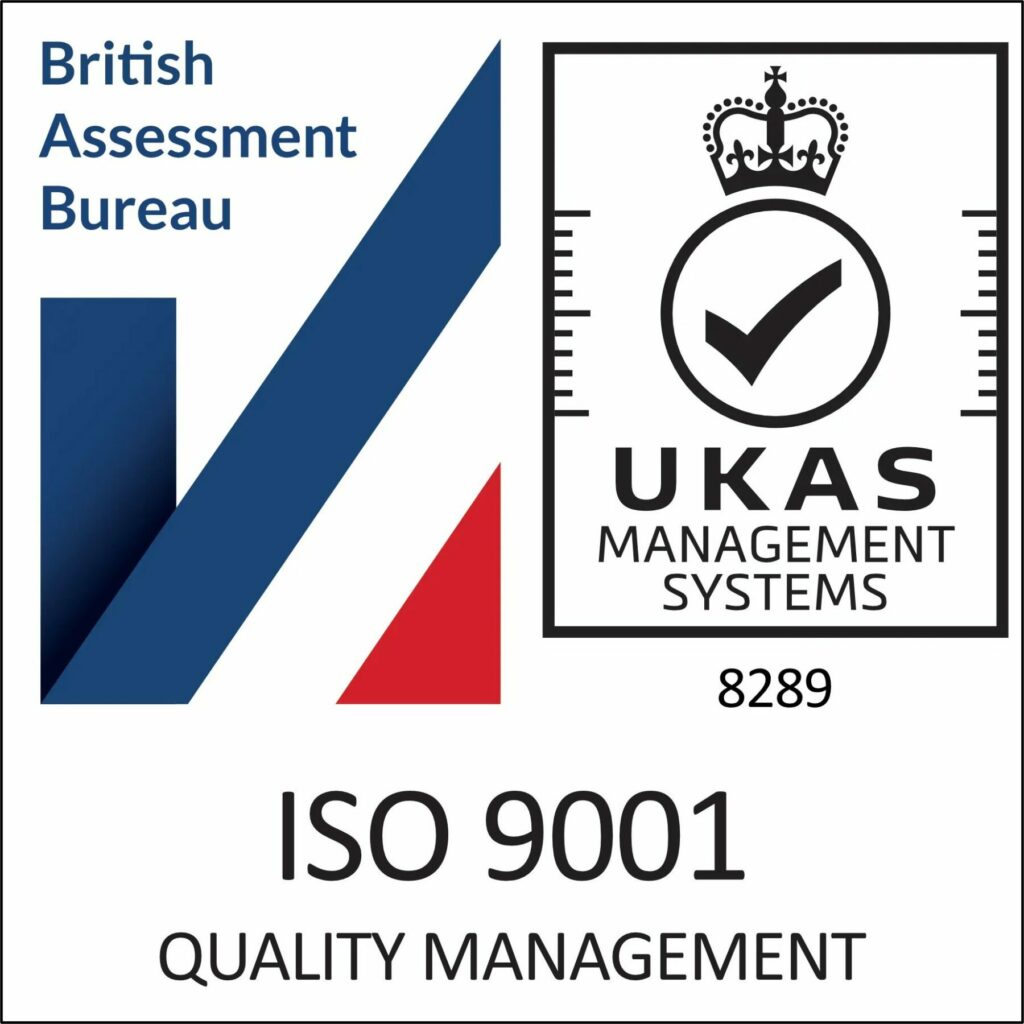

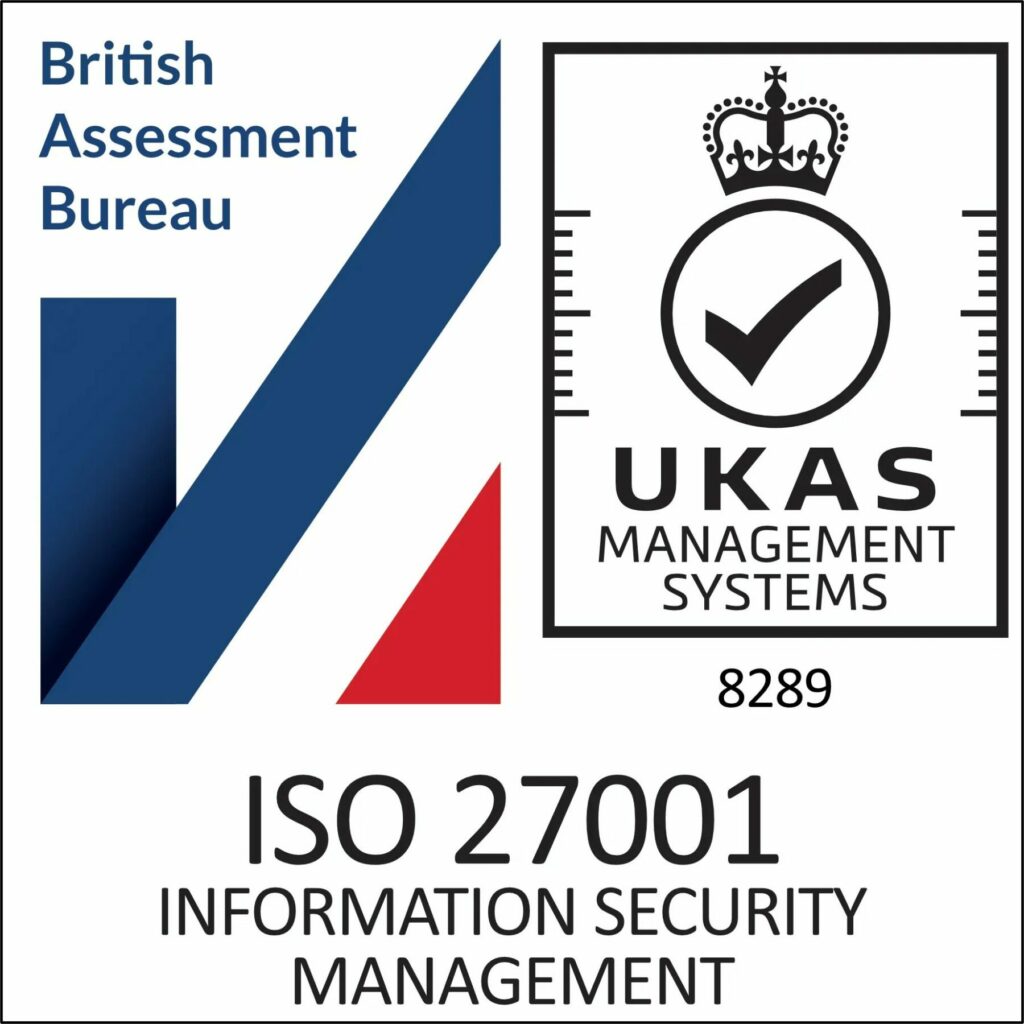
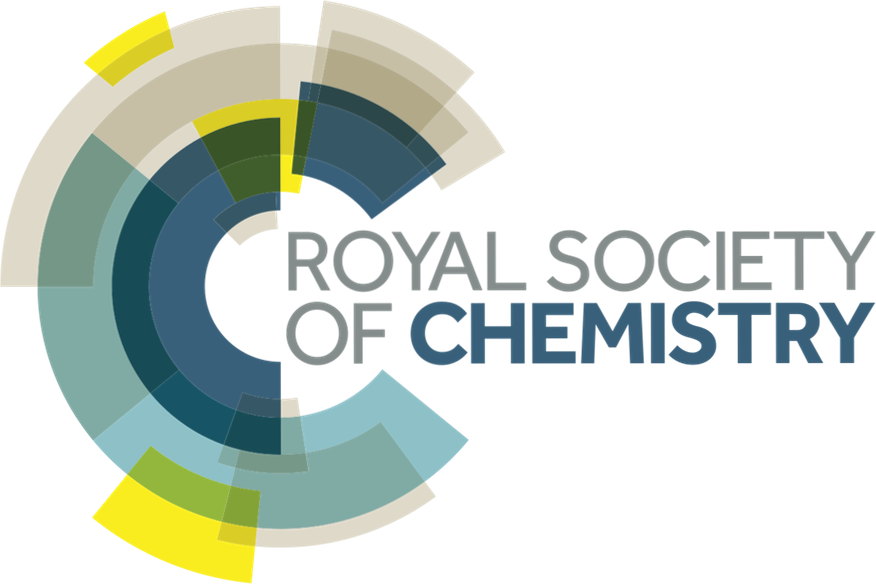


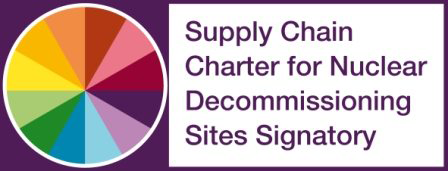
©2025
MCM Environmental Services Ltd